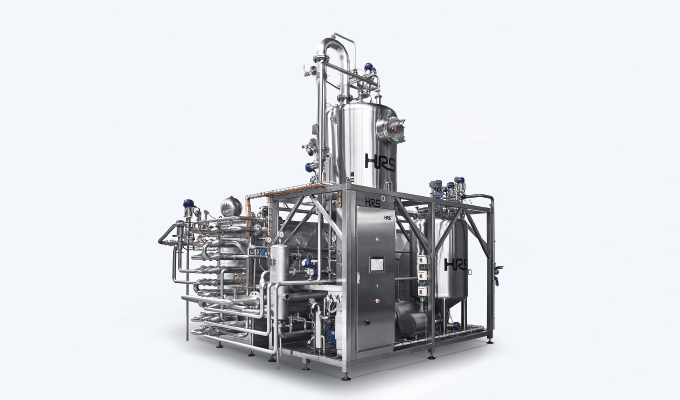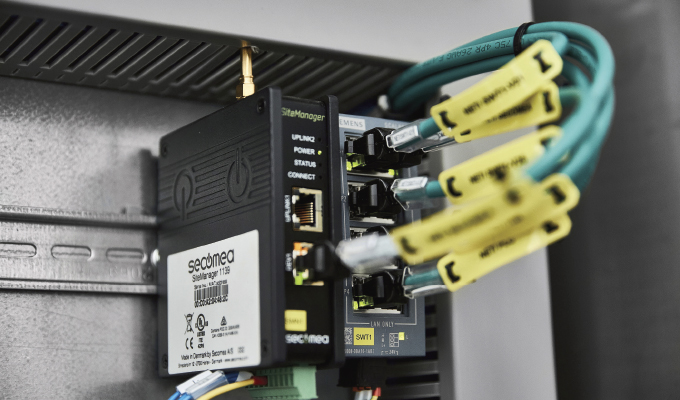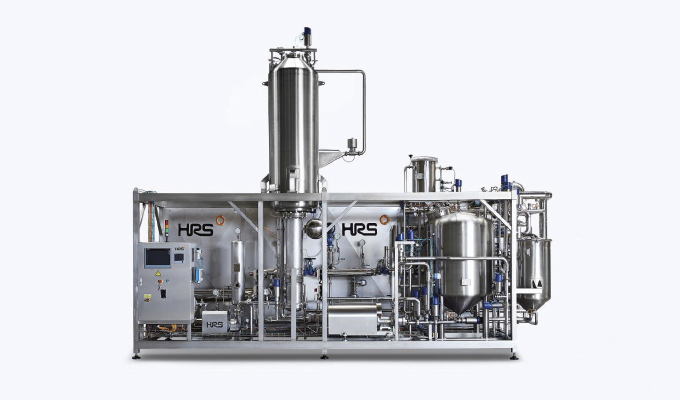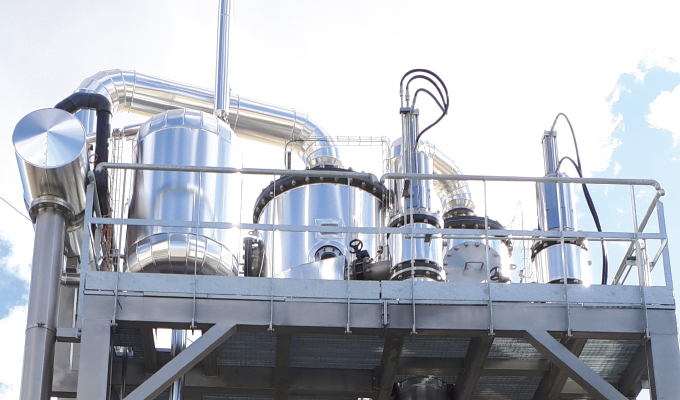Irrespective of industry or sector, manufacturers and plant operators are increasingly choosing to invest in complete system solutions which can easily be integrated into existing operations, rather than sourcing components or equipment for inclusion in lines which are designed and installed in-house or by third-party contractors.
COMMON TRENDS ACROSS THE INDUSTRIAL LANDSCAPE
The reasons for choosing complete solutions will vary according to client, but industry observers have noticed some common trends in recent years, which we have also seen in our own experience. For example, the data collection and utilization trends encapsulated by Industry 4.0 and the industrial internet of things (IIoT) mean that many clients are looking for machinery and systems that are connected to their data systems, something that is often outside the scope of their own in-house engineering and IT functions.
Complete systems, whether off-the-shelf or designed to meet client’s bespoke needs, also reflect an overall trend towards complete line integration which is increasingly seen in manufacturing environments. In 2019, just before the Covid pandemic, it was reported that 35 percent of food manufacturers had fully integrated processing and packaging lines and that the trend was not limited to larger companies. Data collection and the IIoT enable manufacturers to plan and operate more efficiently, and this trend is increasing all the time.

PLUG-AND-PLAY SOLUTIONS
Against this backdrop it is natural that manufacturers are looking for “plug-and-play” solutions. Rather than in-house fabrication of production lines, manufacturers want standalone systems and equipment than can easily be integrated with other components. This is an acceleration of a trend which began many years ago, but which has really come to the fore since the pandemic.
HRS has produced complete systems for the food and environmental sectors for many years and is continuing to develop new products and solutions as demand increases. Some of these implement existing technologies—such as the HRS DSI (Direct Steam Injection) Series—while others provide a pre-packaged combination of proven heat exchanger technologies, like the HRS Thermblock & Asepticblock series of pasteurizers/sterilizers.
In the environmental and energy sectors HRS systems provide convenient and economical solutions for the problems faced by developers and operators of anaerobic digestion plants, including digestate concentration and/or pasteurization and biogas dehumidification. Elsewhere HRS concentration and evaporation systems are used for manufacturing and waste management, with the ultimate waste solution being the HRS ZLD (zero liquid discharge) System.

CONNECTED AND COMPREHENSIVE
All of these HRS systems offer monitoring and telemetry systems with connectivity via ethernet or integrated 4G data SIM. This enables the systems to integrate with the rest of your business both physically and in terms of data, control and the IIoT.
Whether you are looking for a completely standalone thermal system, or equipment that can be integrated as part of a large production or processing unit, HRS has a comprehensive range of systems and heat exchangers to meet your needs.

FOR MORE INFORMATION
Matt Hale is international sales and marketing director for HRS Heat Exchangers. Located in Atlanta, Georgia, HRS Heat Exchangers is part of the EIL Group (Exchanger Industries Limited) which operates at the forefront of thermal technology. HRS offers innovative heat transfer solutions worldwide across a diverse range of industries. With forty years’ experience in the environmental, energy, food, pharma, and industrial sectors, specializing in the design and manufacture of an extensive range of turnkey systems and components, incorporating our corrugated tubular, and scraped surface heat exchanger technology, HRS products are compliant with global design and industry standards. HRS has a network of offices throughout the world: Australia, Canada, New Zealand, the United Kingdom, Spain, the United States, Malaysia, and India; with manufacturing plants in the United Kingdom, India, Spain, and Canada. For more information, visit www.hrs-heatexchangers.com.
MODERN PUMPING TODAY, January 2023
Did you enjoy this article?
Subscribe to the FREE Digital Edition of Modern Pumping Today Magazine!


